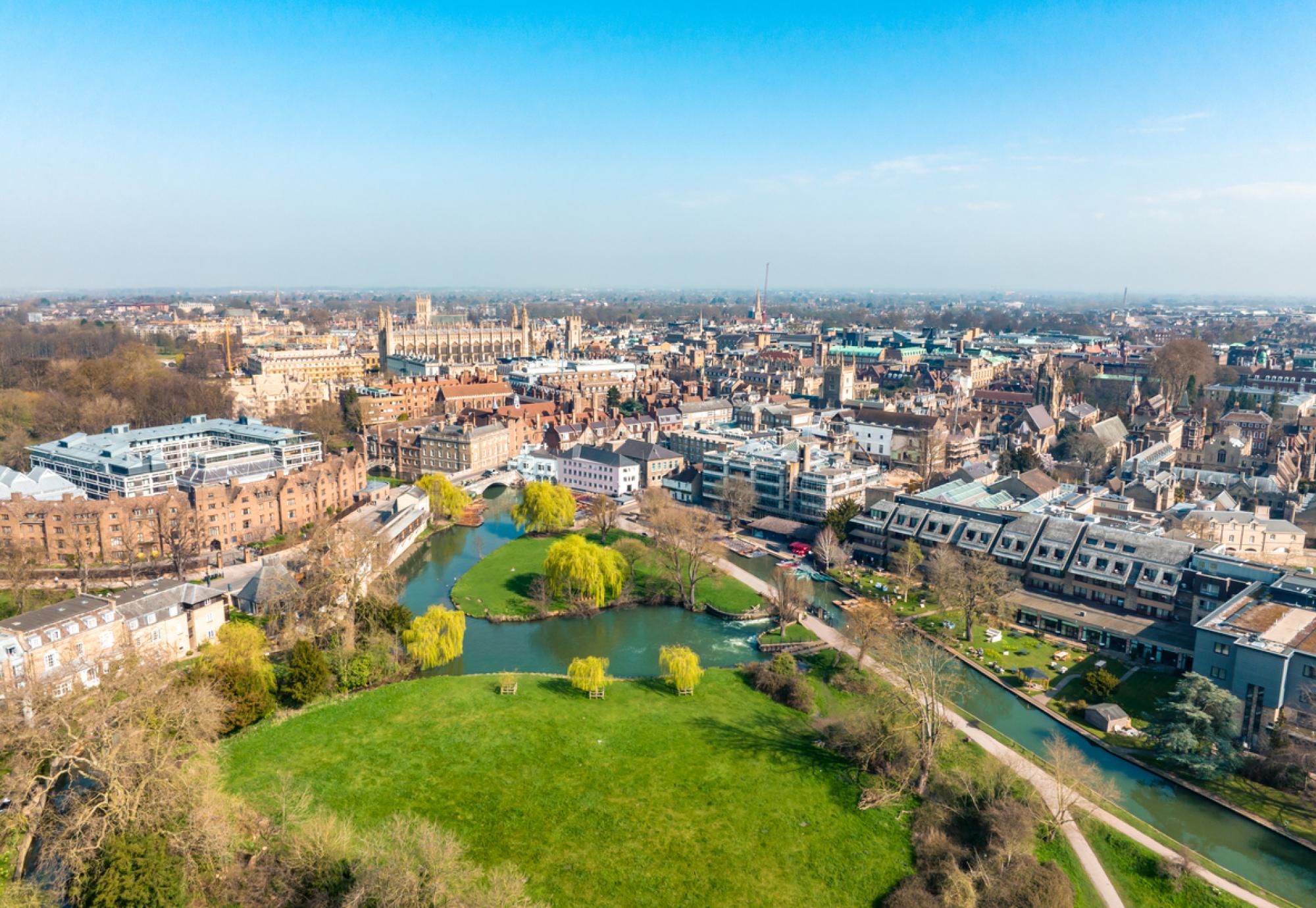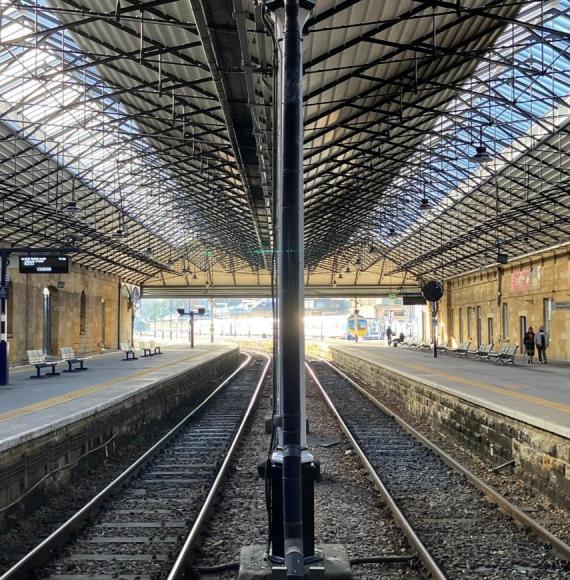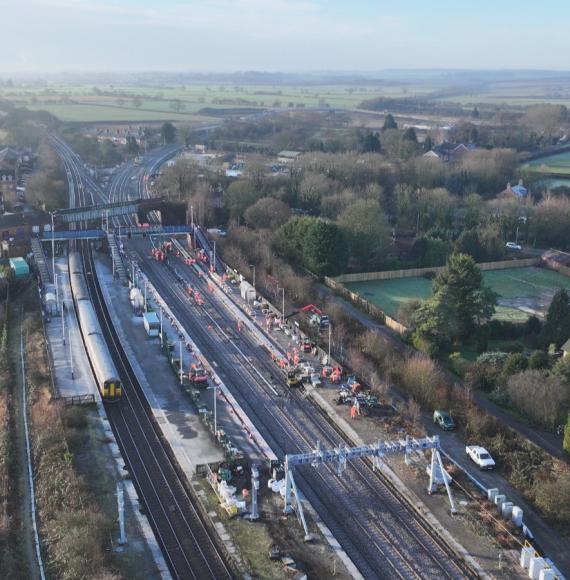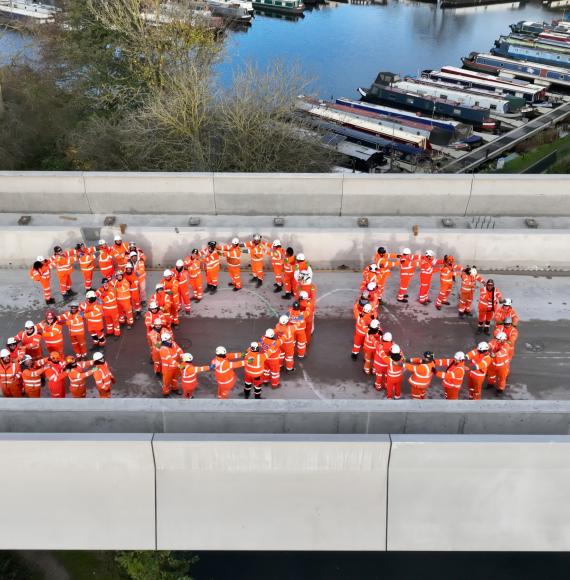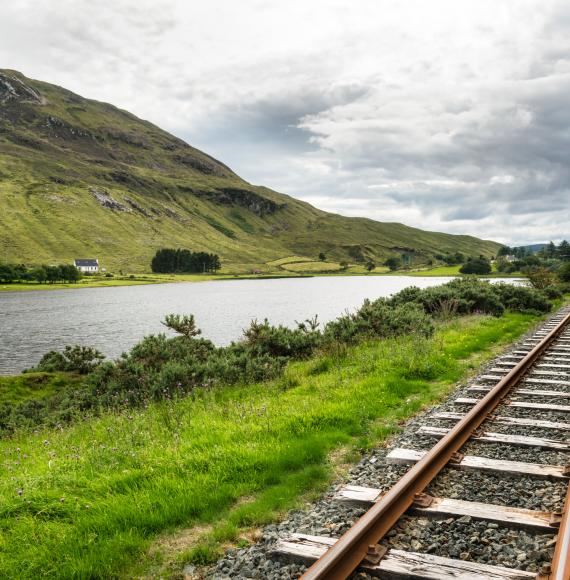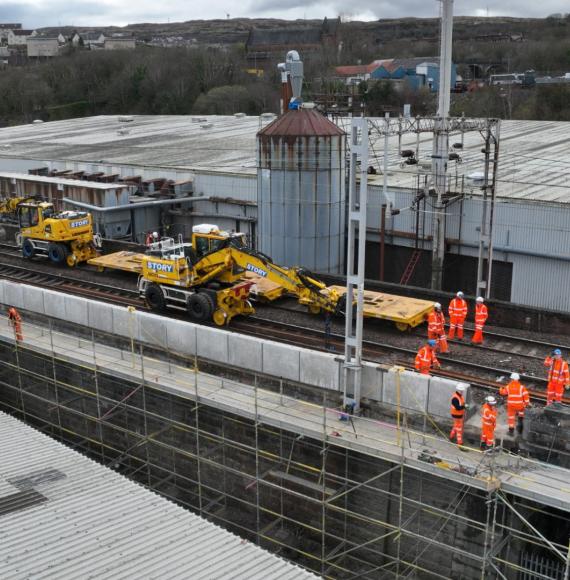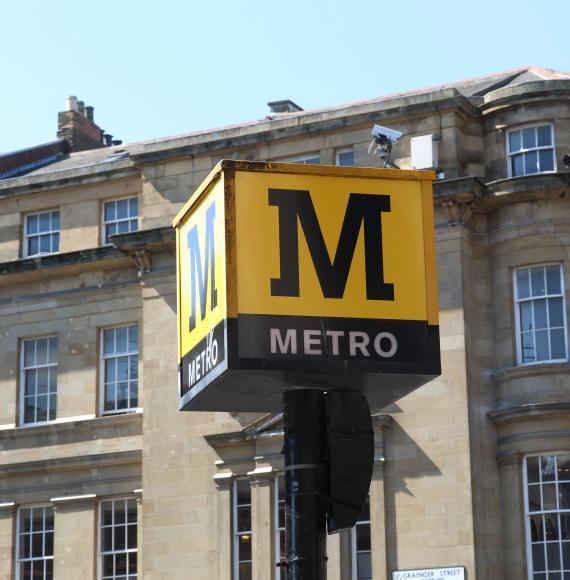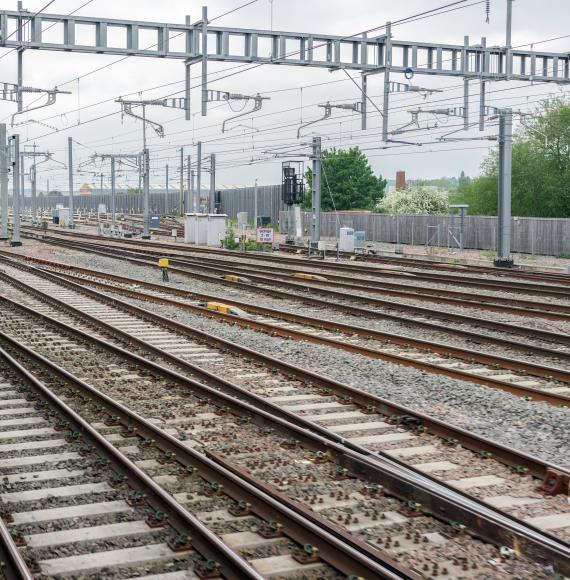The Government's auditors have raised concerns about the potential cost-benefit ratio of a new East-West rail route in southern England, citing a lack of strategic alignment between departments and the need for greater clarity on the project's contribution to regional growth.
The East West Rail (EWR) project, which aims to connect Cambridge in the East with Oxford in the West, is estimated to cost upwards of £7bn. Initially conceived alongside a new road project, the EWR's success was predicated on the promise of attracting new business and driving housebuilding in the area.
However, the road project has been scrapped, and a revised housebuilding policy has been implemented by the Department for Levelling Up, Housing, and Communities. This has led the National Audit Office (NAO) to warn that the government risks "planning at cross purposes" for both projects.
The NAO's chief Gareth Davies emphasized the need for "stronger strategic alignment". Commenting on the report, Davies said: "The rationale for East West Rail rests on its wider strategic aims of increasing economic growth in the Oxford to Cambridge region.
“To maximise the economic benefits from its investment in East West Rail, government must ensure stronger strategic alignment between departments and with wider local growth initiatives, so that there is a shared, coherent vision for the future of the region, and the contribution that the East West Rail project will make to it is clear.”
In another blow to the project's economic viability, the Department for Transport (DfT) has significantly reduced its cost-benefit estimate.
The NAO acknowledged that these assessments do not fully capture the wider benefits of the project, such as its potential to transform the regional economy. However, it pointed out that these benefits remain unquantified and could not be factored into the cost-benefit analysis.
The report however has faced criticism with both the chair of England's Economic Heartland, Cllr Liz Leffman and the chair of the East West Main Line Partnership, Cllr Steven Broadbent, releasing a joint statement. Commenting, they said: “The NAO report serves to highlight the well-known complexities of capturing the wider benefits of transformative schemes such as East West Rail.
“However, speak to businesses big and small along the line – and the global companies thinking of investing here – and their message is quite simple: East West Rail just makes sense, get it built.
“If an appraisal process is unable to adequately capture the benefits of a project which links three of the UK’s most dynamic and fast growing cities, in a region world renowned for expertise in science and technology, where there is already-significant levels of housing growth, but where poor east-west connectivity is clearly limiting its economic potential – then perhaps it is the process, rather than the project, that the NAO needs to be investigating."
A further uncertainty surrounds the EWR's rolling stock electrification plans. In line with the UK's net-zero targets, diesel-only trains are slated for removal by 2040. While full electrification would add at least £1bn to the project's already substantial cost, the DfT and EWR are exploring alternatives, including partial electrification or battery-powered trains.
Photo Credit: iStock
Map Credit: East West Rail

